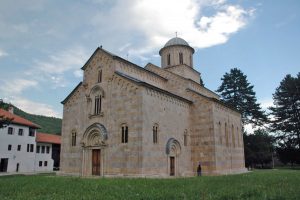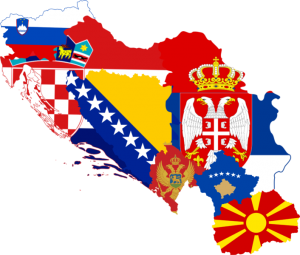Article is published as: “The Serbian Patriarchate of Peć in the Ottoman Empire: The First Phase (1557−94)”,...
Vladislav
The core of the puzzle became that constitutionally six federal republics and two autonomous provinces were seen...
A historic place of Gazimestan means to the Serbs the same as Golgotha to the Christians, and...
Regardless to the fact that a great part of the Americans did not support the 1983 Grenada...









